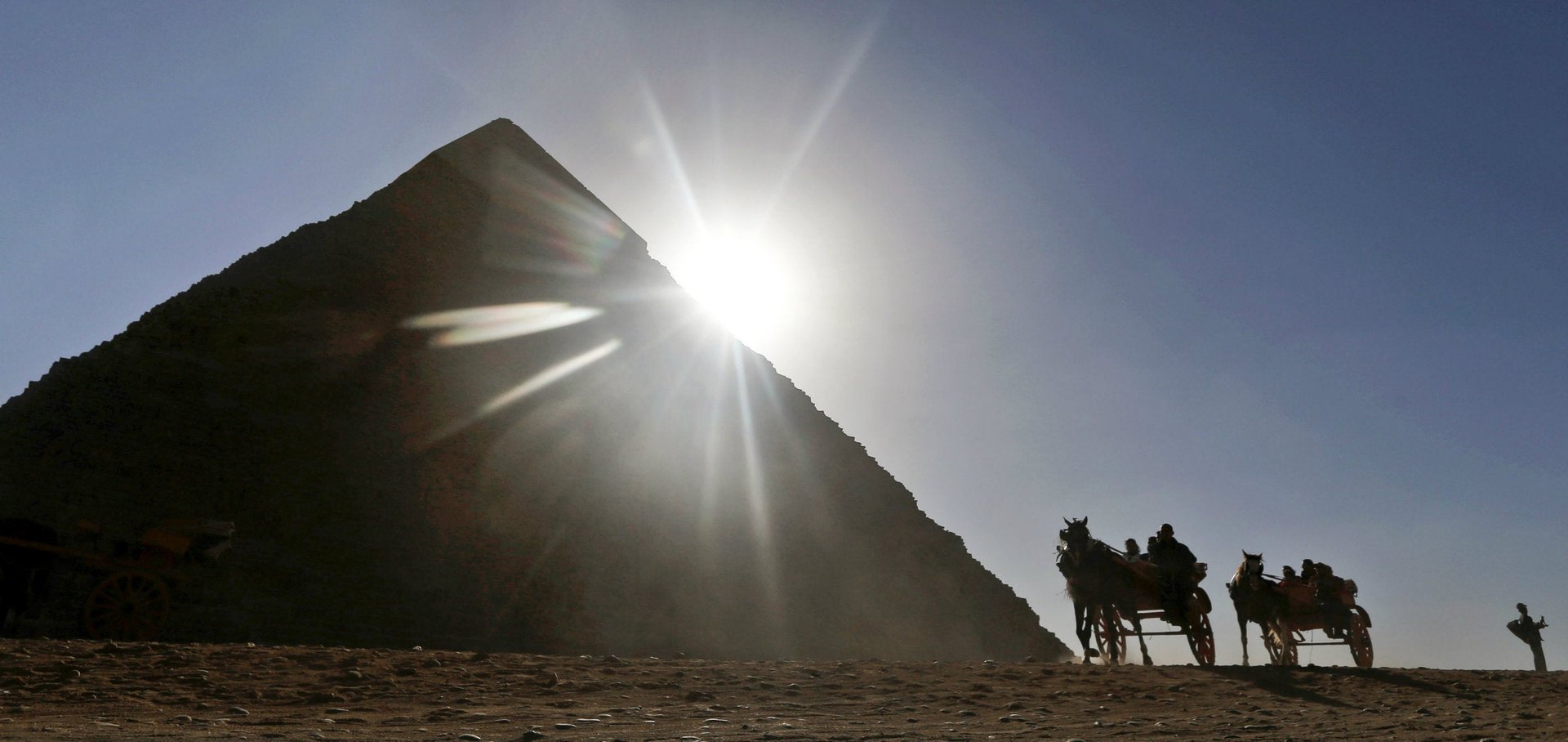Why China’s Nu Skin “pyramid scheme” probe could mean trouble for Amway and Herbalife
This article has been corrected.


This article has been corrected.
The Chinese government is investigating whether the direct sales cosmetics company Nu Skin Enterprises is an “illegal pyramid scheme” that brainwashes its local door-to-door sales force. If recent history is any guide, companies with similar sales models in China—including Amway, Mary Kay, and Herbalife—should be wary.
The probe was prompted by a report in the Communist Party-owned People’s Daily (link in Chinese), which accused the skin cream, vitamins and anti-aging retailer of fraudulently exaggerating the youth-regeneration benefits of its products. More importantly, it painted a picture of a cult-like enterprise controlling middle-class Chinese consumers—perhaps in a way that the Communist Party feels might encroach on its own turf:
- One Nu Skin saleswoman in her 50s told relatives “I want to make Nu Skin as my business of choice for the rest of my life, earn big money, and change my destiny,” and said she would sell her home to invest in more Nu Skin merchandise.
- Reporters attended a Jan. 11 meeting in Beijing they described as “fanatic” (Xinhua has posted a video of the meeting) with nearly 20,000 attendees who were carrying flashing lights and loudly chanting slogans.
- The company requires its sales force to attend meetings, read books and listen to CDs promoting its business philosophy.
Direct-sales companies like Nu Skin, which gets 30% of the its revenues in China, have expanded hugely there in recent years. Sales people for these companies make money commissions from what they sell and the sales of people they recruit, which can fuel fast growth. China is Amway’s top market, and made up about one-third of its $11.3 billion in sales in 2012. Herbalife’s sales in China grew 77% in the third quarter of 2013, and make up 11% of the companies overall sales. Mary Kay sold over $1 billion of products in mainland China last year through 850,000 sales people.
However, critics of direct sales companies say they are essentially pyramid schemes, that rely more on signing up new salespeople then actually selling products to customers. Nu Skin’s stock was down 16% in after-hours trading on the NYSE. The company said the People’s Daily report contained “inaccuracies and exaggerations.”
An article critical of a foreign company or companies in a Chinese media outlet has been a precursor to an industry-wide probe several times in recent months, including in the pharmaceutical industry and the automobile business.
And despite their recent success, China has long been suspicious of direct sales companies. In 1998, Communist Party banned direct selling outright, “because they feared the gatherings might be a cover for religious or other rallies,” as one Amway executive explained to Bloomberg. In fact it was even worse than that: Beijing said direct sales companies were the source of ”evil cults, secret societies and superstitious and lawless activities.”
Direct sales companies lobbied government hard to allay their fears, sometimes setting up storefronts and, in Amway’s case, starting an alliance with Harvard University to train Chinese officials. In 2005, the ban was lifted—but now it’s looking like the door could be closing once again.
Jennifer Chiu contributed reporting
An earlier version of this article incorrectly stated that there were 2 million attendees at a Jan. 11 Nu Skin meeting. There were 20,000.